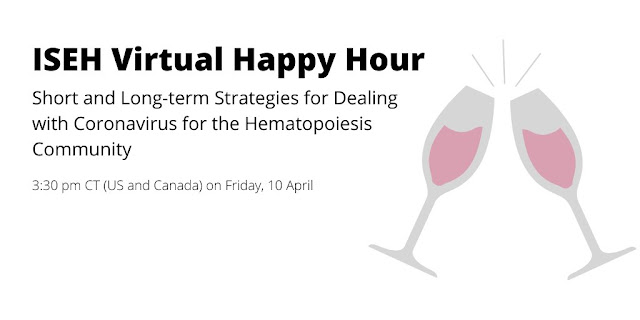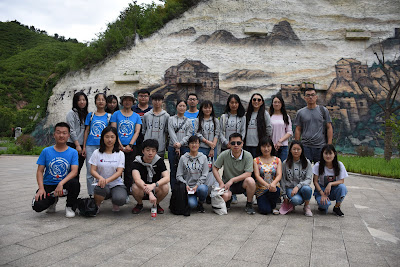COVID 19 Series: Happy Hour Wrap-Up

On April 10th, ISEH hosed a webinar – actually more of a ‘Happy Hour’ to discuss the impact of COVID-19 on academic laboratories across the world. Led by an impromptu panel of investigators (Camilla Forsberg, Trista North, Ross Levine, Len Zon, Kristina Kirshner, Momoko Yoshimoto-Kobayashi, Hanna Mikkola, Jennifer Trowbridge and Grant Rowe), we discussed the impact the global pandemic on our laboratory operations, our careers and those of trainees, and transitioning to work from home. Katie Strang and Dovile Svirupskaite mediated the event and answered questions on the side in the parallel chat conversation. We are looking forward to holding another virtual meeting in the coming weeks to touch on these issues and new challenges faced by investigators all over the world. Here, we will present some highlights: On laboratory operations Most panelists faced a total shutdown of laboratory research, with access to facilities limited to ‘essential personnel’ necessary ...



